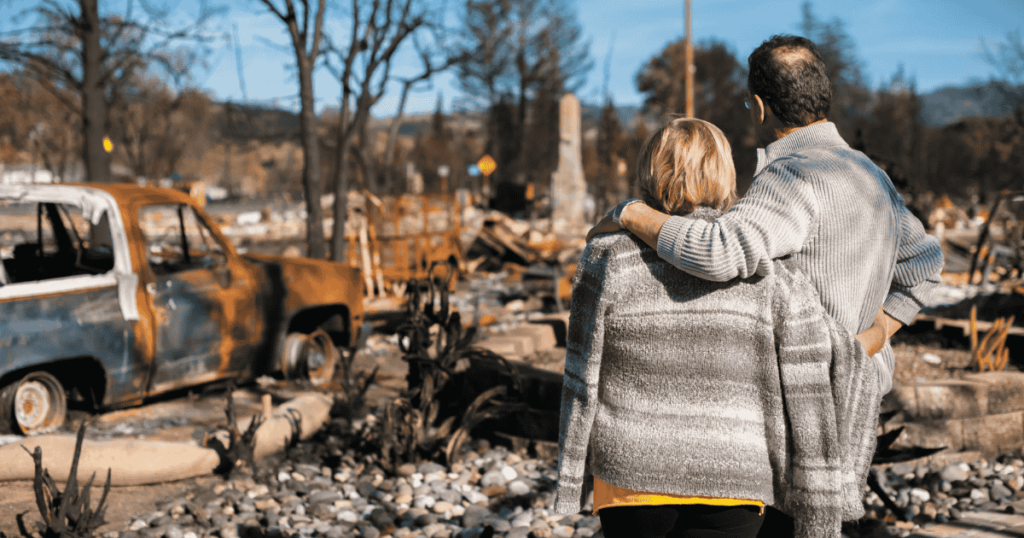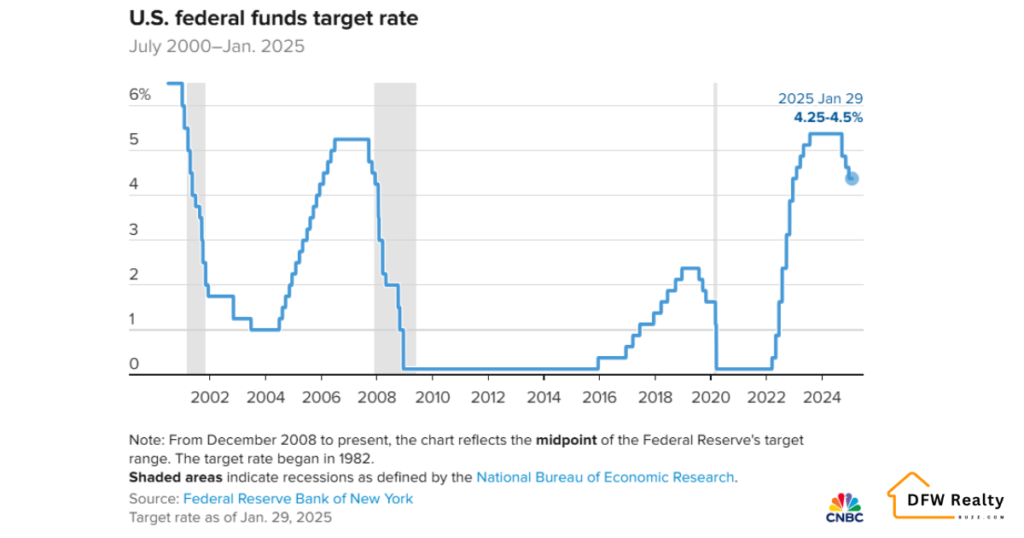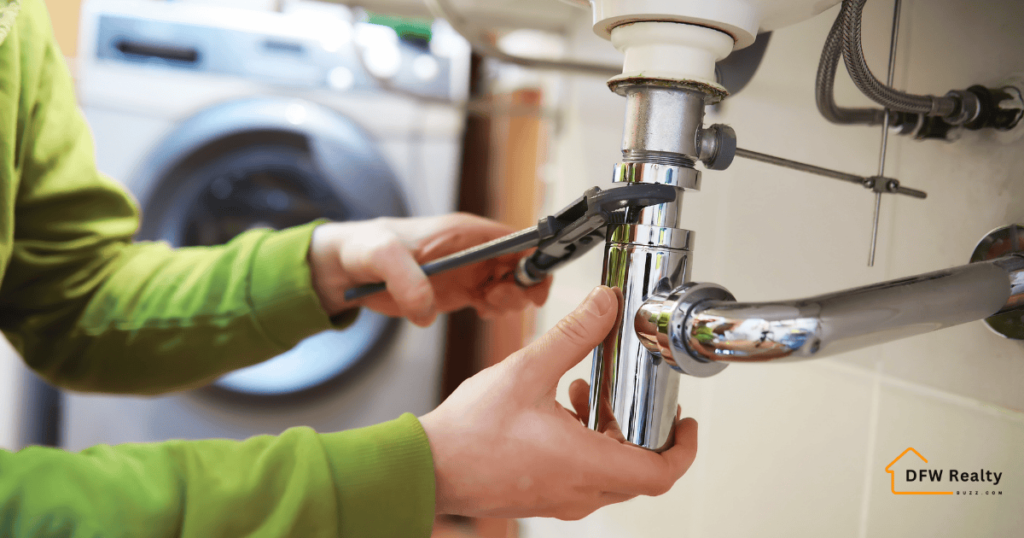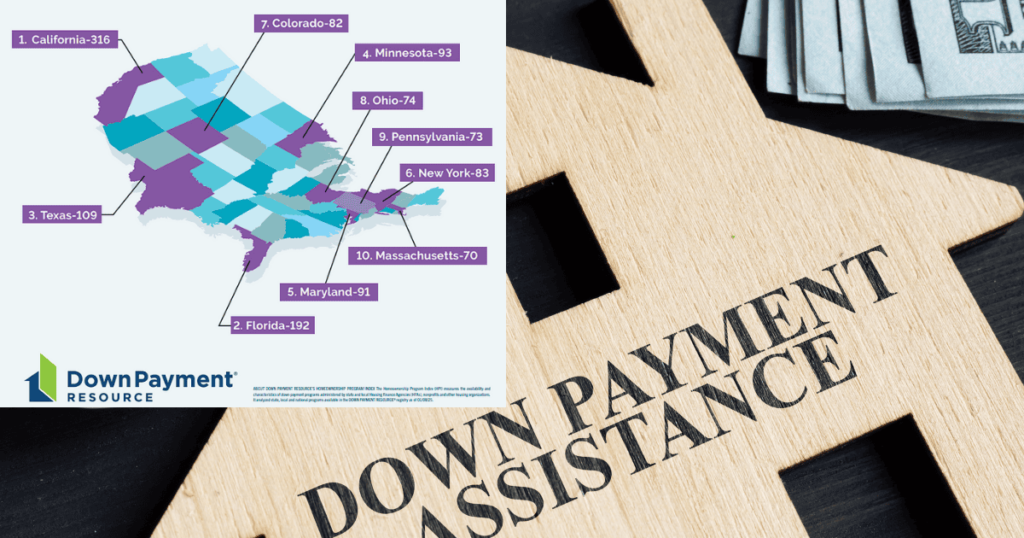With wildfires sweeping through Los Angeles County, images of destruction are everywhere. Over 12,000 structures have been burned down, neighborhoods reduced to rubble, and nearly 92,000 residents forced to evacuate.
As Angelenos come together to rebuild their city—and their lives—people across the nation ask the same questions: What happens to financial responsibilities, like mortgage payments, rent, and utility bills, when their home is destroyed?
This guide answers the most pressing questions for homeowners and renters affected by natural disasters, drawing on resources and advice from FEMA, mortgage servicers, and disaster survivors.
Table of Contents
Do You Still Have to Pay Your Mortgage If Your Home Is Destroyed?

Yes, even if your home is no longer standing, your obligation to pay your mortgage remains. However, there are relief options for homeowners impacted by disasters.
Homeowners can request forbearance, a temporary suspension, or a reduction of mortgage payments for up to 12 months. This relief is available for loans backed by Fannie Mae, Freddie Mac, the FHA, and the VA. Late fees may be waived during forbearance, and foreclosure proceedings are paused.
In a recent press release, ” homeowners affected by a disaster are often eligible to reduce or suspend their mortgage payments for up to 12 months,” Fannie Mae stated. However, this relief is not forgiveness. Once forbearance ends, borrowers must repay the deferred payments, either as a lump sum, in installments, or by extending the loan term.
For those with private loans, options vary by lender. Major banks like JPMorgan Chase and Bank of America have also implemented disaster forbearance programs. If your home has been destroyed, contact your mortgage servicer immediately to discuss available options.
What Should You Do Immediately After Your Home Is Destroyed?
If your home has been declared a total loss, your first step should be to contact your insurance provider. Filing a claim as soon as possible can unlock benefits like temporary housing assistance and coverage for rebuilding costs. California law requires insurers to provide four months of loss-of-use payments upfront, which can help cover rent or hotel stays while you figure out your next steps.
It’s important to document everything. Take photos and videos of the damage, and keep all receipts for expenses like hotel stays, clothes, and pet boarding. Depending on your insurance policy, these costs may be reimbursed.
Government officials and experts recommend applying for disaster assistance through FEMA and the Small Business Administration (SBA). FEMA provides grants for immediate needs like food and temporary housing, while the SBA offers low-interest loans to homeowners and renters, even if you don’t own a business.
What Happens to Rent Payments After a Disaster?
While the law protecting renters may differ from state to state, for example, for those in LA, California law protects renters whose homes have been damaged or destroyed by natural disasters. If your rental unit is completely uninhabitable, your lease becomes void, and you are no longer required to pay rent. Your landlord must also return your security deposit. For units with partial damage, tenants have the right to terminate the lease or remain while repairs are made. During this period, rent payments are generally suspended until the unit is livable again.
Renters without insurance may still qualify for FEMA assistance or SBA loans to cover relocation expenses and replace personal belongings.
Here in Texas, rental payments after a disaster can be a complex issue for both tenants and landlords. Here’s what you need to know about rent obligations and tenant rights following a natural disaster:
Continued Rent Obligation
Generally, tenants are still required to pay rent even after a disaster occurs. The lease agreement remains valid regardless of the circumstances. However, there are important exceptions and considerations:
Uninhabitable Property
If the rental property becomes uninhabitable due to disaster damage, tenants may have options:
- Lease Termination: Tenants can terminate their lease if the property is significantly impaired and cannot be occupied.
- Rent Reduction: Tenants may request a rent reduction for partially unusable properties. This applies to situations where common areas or amenities are damaged, but the living space remains habitable.
Legal Process for Rent Adjustments
To pursue rent reduction or lease termination:
- Notify the Landlord: Immediately inform your landlord about the property damage.
- Written Request: Send a written repair request via certified mail or a trackable delivery service.
- Document Damage: Take photos or videos to illustrate the extent of the damage
- Negotiate: Attempt to reach an agreement with your landlord for rent reduction or lease termination.
- Legal Action: If an agreement can’t be reached, tenants may file a case in the Justice of the Peace Court for a court-ordered rent reduction.
Landlord Responsibilities
Texas law requires landlords to address issues resulting from natural disasters, especially those that affect tenants’ health and well-being. Landlords typically have seven days to begin making necessary repairs.
Tenant Protections
- Retaliation Protection: It’s illegal for landlords to retaliate against tenants for complaining about necessary repairs for six months following the complaint.
- Security Deposit: If terminating the lease, tenants are entitled to refund their security deposit minus any legitimate deductions for damages not caused by the disaster.
Financial Assistance
Tenants affected by disasters may be eligible for financial help:
- FEMA Assistance: Apply within 60 days of a disaster declaration for help with temporary housing and personal property replacement.
- Rental Assistance: FEMA may provide initial rental assistance for two months, with the possibility of an extension of up to 18 months.
- SBA Loans: The Small Business Administration offers low-interest disaster loans for repairs and replacements.
Remember, while these guidelines apply generally in Texas, local housing laws may provide additional protections or requirements. It is recommended that you always consult with a legal professional or local housing authority for advice specific to your situation.
Do You Still Have to Pay Utility Bills?
Utility obligations after a disaster depend on your provider and your property’s condition. For example, in LA, Southern California, Edison has suspended billing for customers in mandatory evacuation zones and permanently canceled bills for homes that were destroyed entirely.
Similarly, SoCalGas has forgiven current and recent bills for destroyed properties, while the Los Angeles Department of Water and Power has paused billing notices in fire-affected areas.
If you’re unsure of your provider’s policies, contact them directly to discuss available relief options.
Can You Get Relief on Property Taxes after a disaster?
Yes, property owners in Texas can get relief on property taxes after a disaster. The state offers a Temporary Exemption for Qualified Property Damaged by Disaster, which can provide significant tax relief for affected property owners.
Eligibility and Application
To qualify for this exemption:
- The property must be located in a governor-declared disaster area.
- The property must have sustained at least 15% damage due to the disaster.
- Property owners must apply for the exemption within 105 days after the governor declares the disaster area.
Qualified property types include:
- Tangible personal property used for income production
- Improvements to real property (buildings or structures)
- Certain manufactured homes
Exemption Levels
The chief appraiser assigns a damage assessment rating, which determines the exemption percentage:
| Damage Level | Assessment | Description | Exemption Percentage |
| I | 15% < 30% | Minimal damage | 15% |
| II | 30% < 60% | Nonstructural damage | 30% |
| III | 60% < 100% | Significant structural damage | 60% |
| IV | 100% | Total loss | 100% |
Calculation of Exemption
The exemption amount is calculated by multiplying the property value by the exemption percentage and a proration factor based on the number of days remaining in the tax year after the disaster declaration.
Additional Tax Relief
- Sales Tax Exemption: Labor charges for repairs to residential property in declared disaster areas are exempt from sales tax, though materials remain taxable.
- Homestead Exemption: Property owners can maintain their homestead exemption even if the structure is temporarily uninhabitable due to the disaster as long as they intend to return and occupy it as their principal residence.
- Elderly or Disabled Exemption: Similar to the homestead exemption, this can be maintained during reconstruction.
It’s important to note that the temporary disaster area exemption expires on January 1, the first tax year in which the property is reappraised. Property owners should consult with their local appraisal district for specific application procedures and deadlines, as they may vary by county.
What If You Don’t Have Homeowners Insurance?
For uninsured homeowners, disaster relief programs can provide a vital safety net. FEMA offers grants to cover temporary housing, food, and other necessities, while the SBA provides low-interest loans of up to $200,000 for structural repairs and $40,000 for personal property replacement.
Nonprofits like United Policyholders also offer guidance to uninsured homeowners navigating recovery. Even without insurance, there are resources to help you rebuild, but the process can be overwhelming. Staying organized and seeking help is key.
How Can Residents Find Temporary Housing?
Finding temporary housing can be a challenge after a disaster. We’ve all seen the news surrounding limited rentals and price gouging in LA.
Often, many organizations will offer assistance after widespread disasters. Airbnb.org offers free, temporary housing to LA fire victims, and some hotels and apartment complexes provide discounts. FEMA’s housing assistance program is also an option, but it requires a state request to activate.
How Do You Cope Emotionally After Losing Your Home?
The emotional toll of losing your home can be as overwhelming as the financial strain. Survivors and experts emphasize the importance of seeking support, whether from counseling services offered by FEMA, local nonprofits, or community networks.
Recovering from a natural disaster is a long process, but you don’t have to do it alone. Document your losses, contact your mortgage servicer and insurance company, and apply for all available aid. With persistence and support, you can navigate the road to recovery.
Conclusion
In the wake of a natural disaster, the road to recovery is often long and challenging, but it is not one you have to face alone. From understanding financial obligations and exploring relief options to seeking emotional support and temporary housing, resources are available to help you rebuild your life. Whether you’re a homeowner, renter, or someone navigating unexpected loss, staying informed and proactive is key. By documenting damages, contacting servicers, and leveraging assistance programs like those offered by FEMA, the SBA, and local organizations, you can find the support you need to move forward. Recovery may take time, but with resilience, a strong community, and access to the right tools, rebuilding is always possible.
FAQ Schema Example
Do you still have to pay your mortgage if your home is destroyed?
Yes, you are still obligated to pay your mortgage even if your home is destroyed. However, relief options such as forbearance may be available.
What should you do immediately after your home is destroyed?
Contact your insurance provider, file a claim, document the damage with photos and receipts, and apply for FEMA assistance if eligible.
What happens to rent payments after a disaster?
If your rental unit is uninhabitable, your lease may be void, and you may no longer need to pay rent. Check local laws and consult your landlord.
Can you get relief on property taxes after a disaster?
Yes, property owners may qualify for a Temporary Exemption for Qualified Property Damaged by Disaster, reducing tax obligations significantly.
How can residents find temporary housing after a disaster?
Programs like Airbnb.org, FEMA housing assistance, and local organizations can help with temporary housing options after a disaster.





